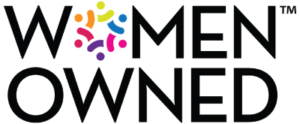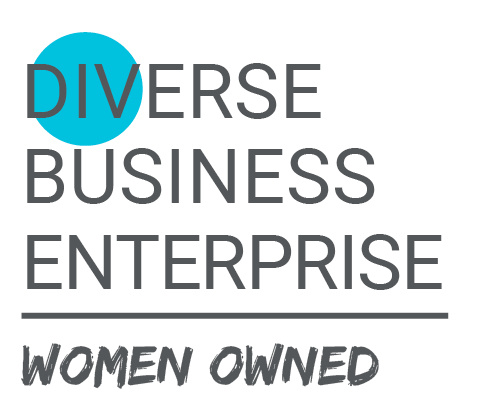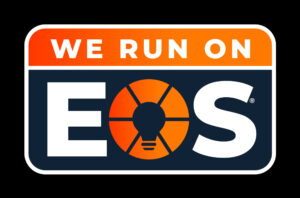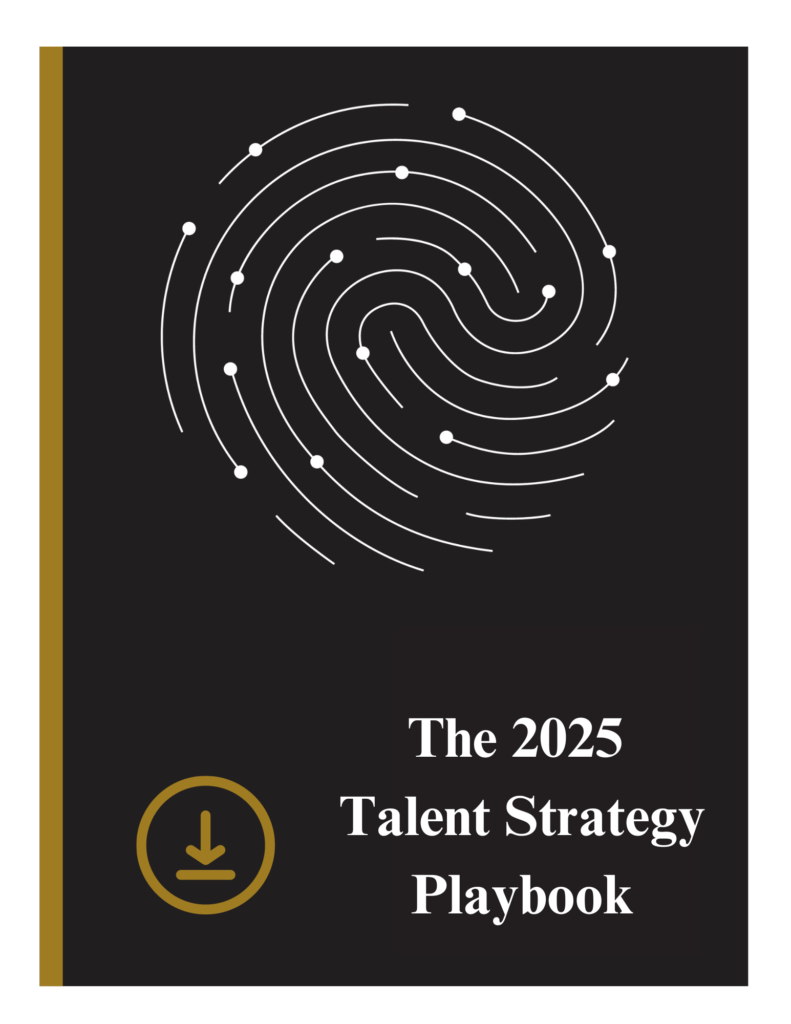by Nicole Degi
As we move into 2025, executive priorities are evolving as we address the rapidly changing global environment. Leaders will be focused on strategies that ensure their organizations are competitive, resilient and purposeful. Below are some key focus areas that you might see executives emphasize.
- Workforce Well-Being and Employee Satisfaction: Prioritizing employee well-being will remain a key focus moving forward. Executives are, and should be, committed to fostering work environments that promote work-life balance, mental health, and flexibility. By investing in initiatives prioritizing employee happiness and health, organizations can cultivate a culture of trust, productivity, and retention. Flexible schedules, mental health resources, and opportunities for personal growth are no longer just perks, they are essential to building resilient teams. Leaders must continuously assess and adapt workplace policies to ensure they meet the evolving needs of their employees in an ever-changing world.
- Digital Transformation: The digital revolution is not slowing down, and executives will continue to be focused on prioritizing technology tools for operational efficiency. The use of AI and automation tools for efficiency will continue to grow in 2025 as well as utilizing advanced analytics to predict trends and redefine strategies.
- Purpose-Driven Leadership: Today’s leaders understand that aligning their organization’s mission with core values is essential for building trust, loyalty, and long-term success. Purpose-driven leadership goes beyond focusing solely on profits. It is about making a meaningful and measurable positive impact on communities, industries, and the world. In a world where consumers and employees increasingly seek authenticity and accountability, purpose-driven leadership sets the foundation for sustainable growth and a legacy.
- Diversity, Equity, Inclusion: Diversity, equity, and inclusion are no longer optional initiatives but essential components of business success. Diverse teams foster creativity and innovation, while inclusive cultures improve employee satisfaction and retention. Executives are embedding DEI into hiring practices, leadership development, and organizational strategies to create environments where everyone can thrive.
- Sustainability and Social Impact: Sustainability has become a cornerstone of modern business strategy, driving long-term trends, and reshaping the way organizations operate. Aligning business practices with community development, ethical standards, and environmental responsibility is no longer optional, it is essential. From building sustainable supply chains to developing eco-friendly products, businesses are prioritizing initiatives that strike a balance between profitability and environmental stewardship. This shift reflects a growing recognition that sustainable practices not only benefit the planet but also enhance brand loyalty, attract purpose-driven talent, and secure long-term growth. As sustainability transitions from a secondary focus to a strategic priority, organizations that lead the way will shape the future of ethical and responsible business.
As we look ahead to 2025, forward-thinking strategies that foster connection, building adaptable operations, and human-centric leadership will be key initiatives to make a meaningful and impactful year ahead.



















